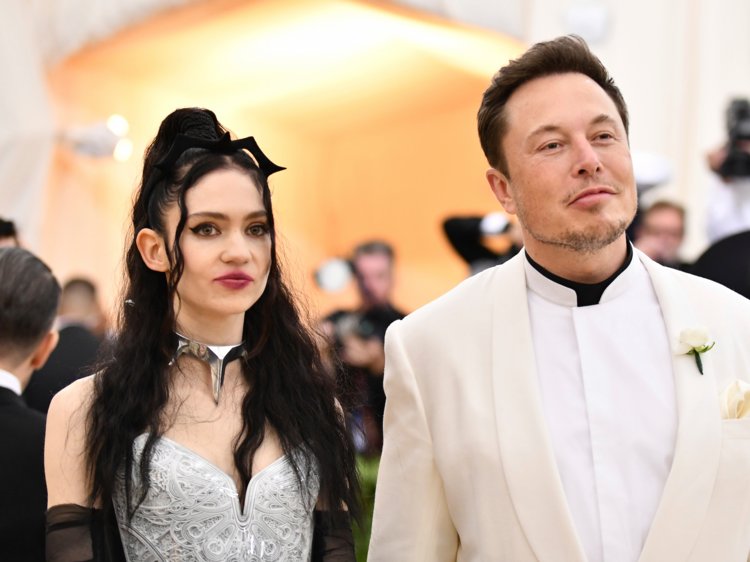Music creatives have long gotten the short end of the stick when it comes to music streaming royalties. Once the honey pot is divvied up between streaming platforms and music labels, artists and songwriters walk away with only a small piece of the pie.
Mercurial tech baron and founder of Tesla, Elon Musk, is the latest powerful voice to recently speak out on the issue of unequal distribution. The issue is no new struggle in contemporary capitalism, either. The fact of the matter is: when big business is involved, individuals lose out.
But it seems Musk now has a direct stake in the issue considering he’s now dating Canadian singer/songwriter, Grimes. The couple made their first public appearance as a couple at the Met Gala last week in New York City.
The conversation arose over Twitter when Musk was asked about his favorite Grimes song; for which, by the way, he has two:
Flesh without Blood & Kill V Maim on Art Angels album https://t.co/MycGWvbYGk
— Elon Musk (@elonmusk) May 8, 2018
One conscientious fan tweeted the tech baron wondering which streaming platform fans could engage with in order to most directly benefit Grimes financially.
Would it benefit Grimes more if we were to buy her song/albums on iTunes? Rather than, sharing on Spotify or YouTube?
— JJ Pilates Prime Time (@MarinPilates) May 8, 2018
Musk responded with an infographic showing Spotify, Pandora, and YouTube as the bottom three platforms in terms of gross payout per stream. Xbox, Rhapsody and Tidal are among the top when it comes to artist payouts, with Apple Music, Amazon, Deezer, and Google falling somewhere in the middle.
This chart shows how crazy low payout is to labels & the artists only a small fraction of these numbers pic.twitter.com/2us0rzTMqk
— Elon Musk (@elonmusk) May 9, 2018
While the issue of online streaming payouts continues to be a new frontier for the music industry — especially as it converges with tech giants and new platforms who want a piece of the pie — Musk should be commended for bringing the issue into public conversation. At the very least, it is a genuine show of online activism when powerful tech elites raise their voices for unheard, underpaid artistic creatives who often get no say in the matter.




